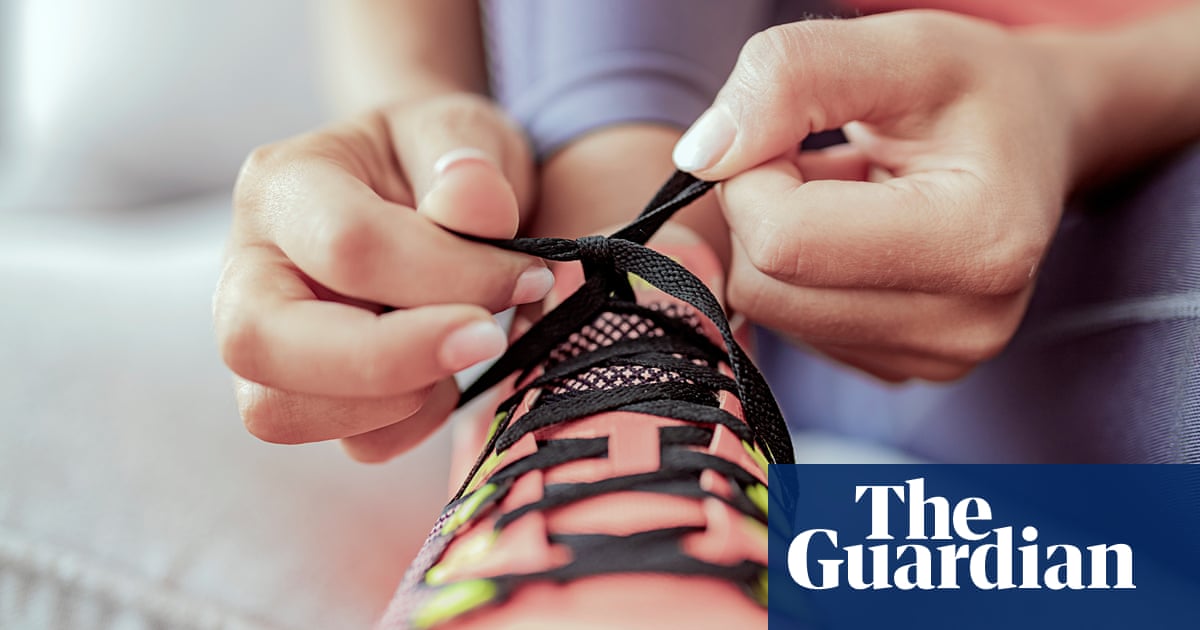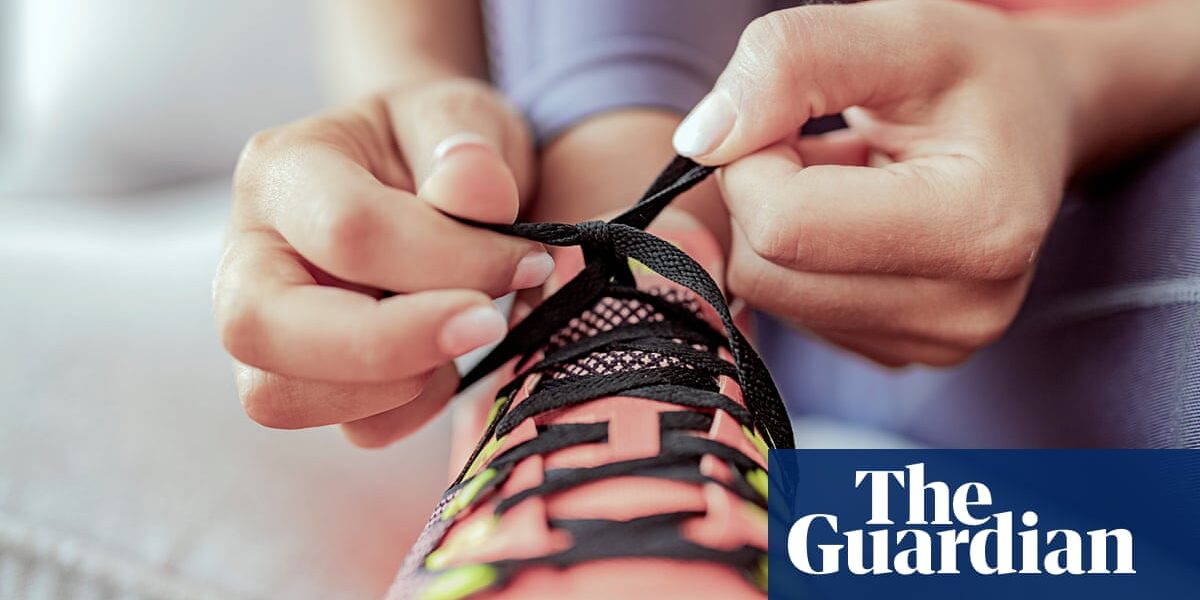According to a study, women receive greater benefits from the same amount of regular exercise compared to men.

Research indicates that women receive more advantages than men when engaging in the same amount of consistent physical activity, particularly in terms of preventing premature death.
As stated by the National Health Service (NHS), individuals between the ages of 19 and 64 should aim to accumulate a minimum of 150 minutes of moderate exercise or 75 minutes of vigorous exercise per week. It is also recommended to engage in muscle-strengthening activities at least twice a week.
Research has indicated that females generally engage in less physical activity compared to males.
Recent studies indicate that individuals of different genders may not experience equal benefits from equivalent amounts of physical exercise.
Dr. Hongwei Ji, co-author of the study at the Affiliated Hospital of Qingdao University, stated that the findings do not recommend for women to decrease their exercise. Rather, the study encourages women who may not be able to exercise enough due to different factors to know that even a small amount of exercise can still yield significant benefits.
In their research published in the Journal of the American College of Cardiology, Ji and his team examined 412,413 individuals who did not have preexisting health conditions and were recruited between 1997 and 2017. By December 2019, 39,935 of these participants had passed away, with 11,670 of those deaths attributed to cardiovascular causes.
As part of the study, participants completed health surveys that asked about their physical activity.
The findings show that a larger percentage of men engaged in consistent physical activity and strength training compared to women.
Although both men and women experienced a decreased risk of premature death from cardiovascular events with exercise, the advantages were more pronounced for women.
The research team discovered that women who engaged in 140 minutes of moderate exercise per week had an 18% lower risk of premature death from any cause compared to those who were inactive. In contrast, men required 300 minutes of moderate exercise per week for a similar decrease in risk.
As the duration of physical activity increased, the decrease in risk also increased for both men and women, until approximately 300 minutes of moderate exercise per week. At this point, the risk reduction leveled off. Women at this level of activity had a 24% lower chance of dying prematurely from any cause compared to those who were inactive.
Ji stated that the point where we noticed the most advantages was at the 300-minute mark, but there are notable variances between genders with smaller doses, which are statistically significant.
Bypass the advertisement for the newsletter.
after newsletter promotion
Unfortunately, the researchers note that the study relies on self-reported exercise and does not take into account physical activity from household tasks.
According to Professor Emmanuel Stamatakis from the University of Sydney, who was not a part of the study, the research was well executed.
According to the speaker, women may engage in less leisure-time exercise but their risk of mortality decreases significantly for any level or frequency of exercise. This can be attributed to the fact that women tend to exert more physical effort for a given task compared to men, which is not accounted for in traditional analyses.
According to Stamatakis, it is probable that women’s workouts involve a greater amount of effort compared to men’s. This could be due to differences in skeletal muscle characteristics between the two genders, which may account for the varying reactions to equal amounts of physical activity.
Co-author of the study, Dr. Susan Cheng from the Smidt Heart Institute at Cedars-Sinai, stated that their findings suggest that diverse investments can have varying effects on the longevity and health of men and women.
The speaker expressed a desire to help women who may feel overwhelmed or afraid to start a new exercise routine. They do not need to measure their efforts against those of men or anyone else. Each step forward is worth celebrating on their personal journey to success.
Source: theguardian.com



